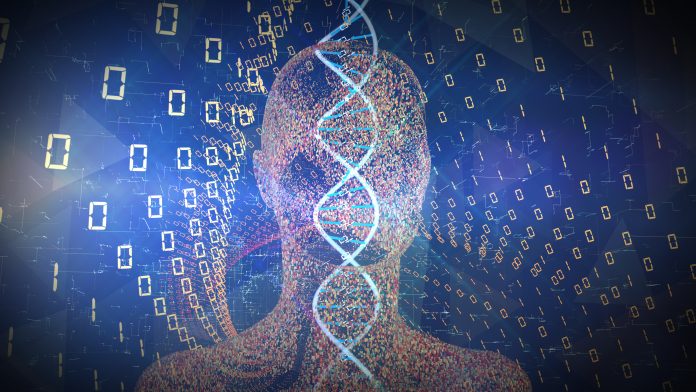Vast biospecimen repositories and data collections can hold unexpected treasures. For example, tumor samples and cancer-related molecular profiles can be used to advance genetic ancestry–oriented cancer research. It doesn’t even matter if old research materials lack ancestry documentation, or if the available data is entirely cancer related. That is, inferences may be drawn even in the absence of matching cancer-free data.
These findings were reported by scientists based at Cold Spring Harbor Laboratory (CSHL) who were led by associate professor Alexander Krasnitz, PhD. He is the senior author of a new paper (“Genetic Ancestry Inference from Cancer-Derived Molecular Data across Genomic and Transcriptomic Platforms”) that recently appeared in Cancer Research.
“[We] examined the feasibility and accuracy of computational inference of genetic ancestry relying exclusively on cancer-derived data,” the paper’s authors wrote. These data came from procedures such as whole-exome sequencing, transcriptome sequencing, and targeted gene panels, very often in the absence of matching cancer-free genomic data.
“The inference procedure was demonstrated to be accurate and robust in a wide range of sequencing depths,” the authors continued. “Testing of the approach in four representative cancer types and across three molecular profiling modalities showed that continental-level ancestry of patients can be inferred with high accuracy, as quantified by its agreement with the gold standard of deriving ancestry from matching cancer-free molecular data.”
Krasnitz and the paper’s lead author, CSHL postdoctoral fellow Pascal Belleau, PhD, have been working to reveal the genealogical connections between cancer and race or ethnicity. They’ve developed new software that accurately infers continental ancestry from tumor DNA and RNA. Their work may also help clinicians develop new strategies for early cancer detection and personalized treatments.
“Why do people of different races and ethnicities get sick at different rates with different types of cancer?” Krasnitz asked. “They have different habits, living conditions, exposures—all kinds of social and environmental factors. But there may be a genetic component as well.”
Krasnitz’s team trained their software tools using hybrid DNA profiles. They created these profiles from cancerous and unrelated cancer-free genomes of a known background. They then tested the software’s performance against pancreatic, ovarian, breast, and blood cancer specimens from patients with known ancestry. The team found the software matched their hybrid profiles to continental populations with over 95% accuracy.
“We have a good model to build on,” Krasnitz asserted. “But very few individuals come from a single ancestry. We’re all mixed to some extent. So now we’re working to look deeper, test tumor samples of unknown ancestry, reveal ancestral mixtures, and achieve more regional specificity.” How specific? For now, think West Africa as opposed to East Africa.
Krasnitz and Belleau recently joined a colorectal cancer study in collaboration with Northwell Health and SUNY Downstate Medical Center. The study allows them to explore how colorectal cancer mutates genes in different ways depending on specific races or ethnicities. They hope to further refine their software to infer ancestry of not only whole genomes but every individual sequence therein.
“If we can identify more localized ancestries that are susceptible to different cancers or other aggressive diseases, it could help us pinpoint the specific part of the genome responsible and target it for treatment,” Belleau noted.
Right now, a simple DNA swab can tell you where you came from and which diseases you stand to inherit. In the future, it might give you the means to beat them too.


